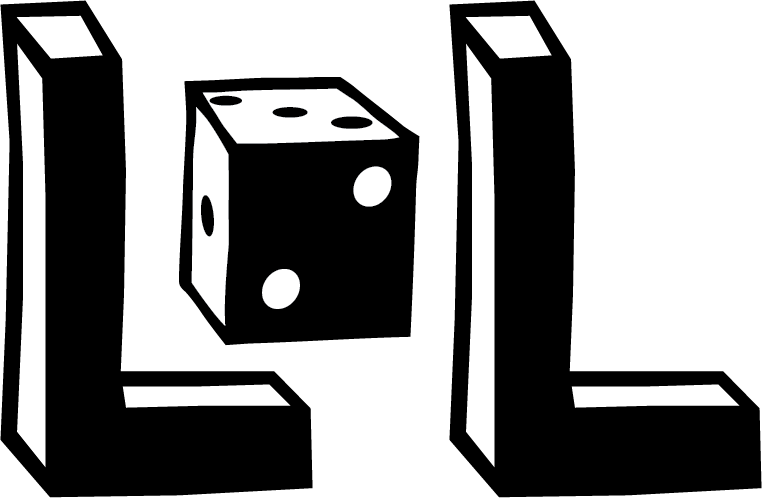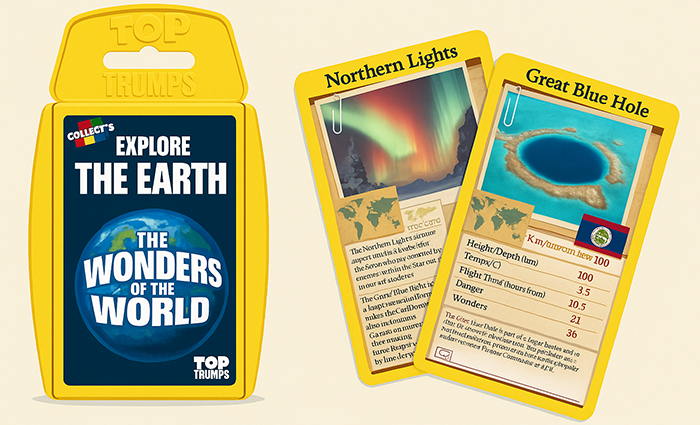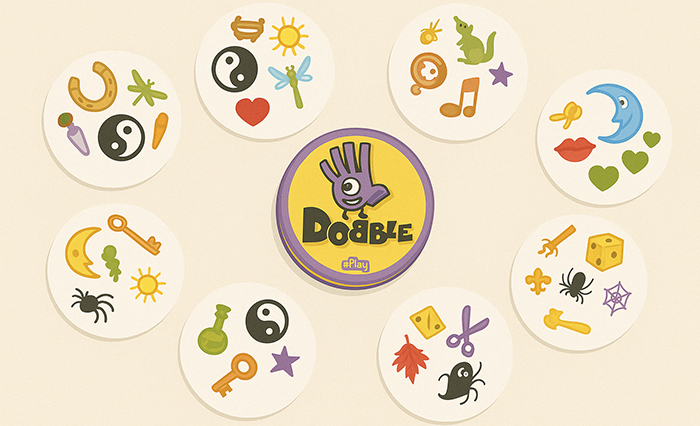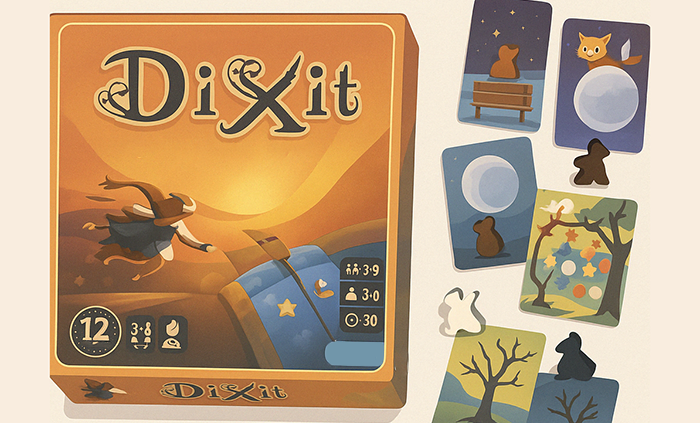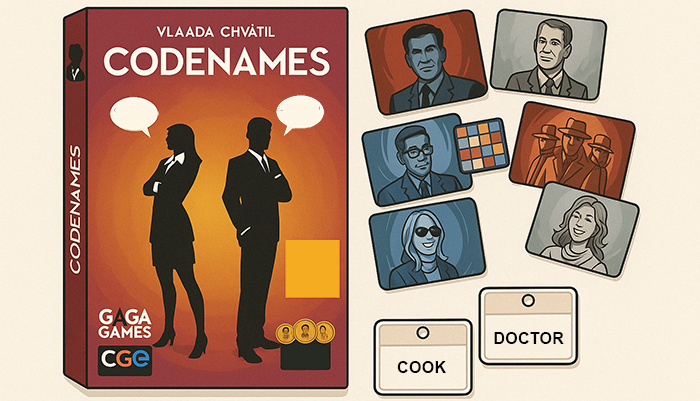Board games represent a versatile, accessible, and effective tool for modern education. When thoughtfully selected and implemented, they create engaging learning environments where students develop knowledge and skills through enjoyable, interactive experiences.
If you’d like to learn more about the theory behind this approach, you can read about game-based learning in general or specifically about board games in education.
While the benefits of using board games in education are clear, selecting and adapting the right game for your specific classroom needs can be challenging.
I hope that this guide to using off-the-shelf board games in your teaching practice could help you.
Each game includes a detailed description, suggestions for implementation in language classes and CLIL environments, practical adaptation tips, and additional resources.
You can explore games based on the skills they develop and subject connections using the table below. Alternatively, browse the alphabetical list if you’re looking for a particular game, or simply scroll through the collection to discover new possibilities for your classroom.
Language lessons
| Skills | Games |
| Vocabulary | Codenames, Dobble/ Spot it, Dixit, Timeline (Historical, scientific, or cultural vocabulary, numerals (dates)), Top Trumps (numerals, units of measurement, descriptive adjectives) |
| Grammar | Dixit, Dobble/ Spot it (articles), Timeline (Temporal prepositions, past tenses, passive voice, hypotheses), Top Trumps (Comparatives, superlatives, comparison structures) |
| Speaking (conversation) | Dixit, Timeline, Top Trumps (Argumentation, discussion) |
| Storytelling | Dixit, Timeline |
CLIL lessons
| Subject | Games |
| Literature | Codenames, Dixit, Dobble/ Spot it, Timeline, Top Trumps |
| History | Codenames, Dobble/ Spot it, Timeline, Top Trumps |
| Science | Codenames, Dobble/ Spot it, Timeline, Top Trumps |
| Art | Codenames, Dobble/ Spot it, Timeline |
| Geography | Codenames, Dobble/ Spot it, Top Trumps |
| Philosophy | Dixit, Dobble/ Spot it, Timeline |
| Economics | Top Trumps |
Top Trumps
Game profile Top Trumps is a classic competitive card game where each card represents a specific element (cars, animals, superheroes,...
Read MoreDobble/ Spot it
Game profile Dobble is a popular observation and speed game consisting of round cards featuring various symbols. The unique characteristic...
Read MoreTimeline Twist
Game profile The first famous game in this series was Timeline, which stimulates historical knowledge, sequential thinking, and collaborative abilities,...
Read More